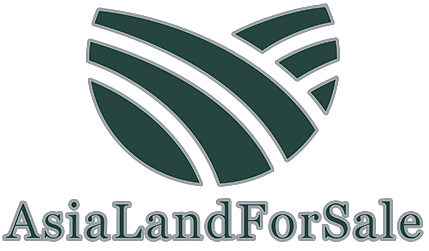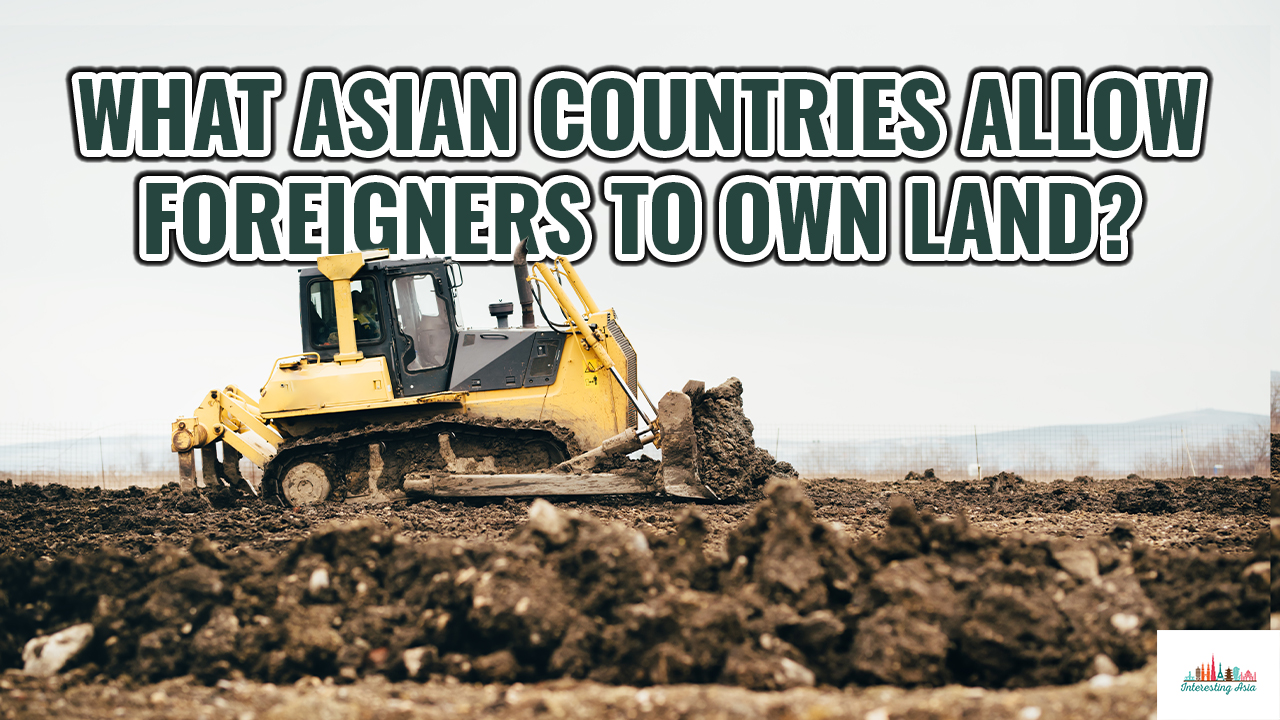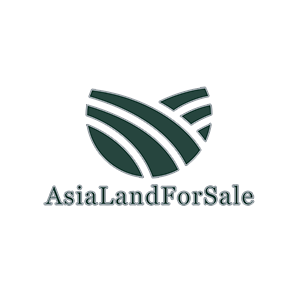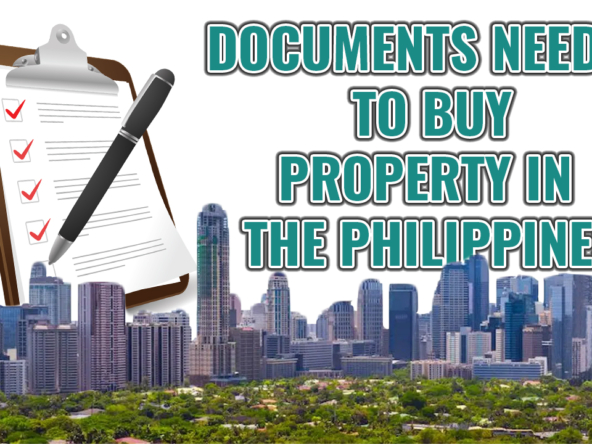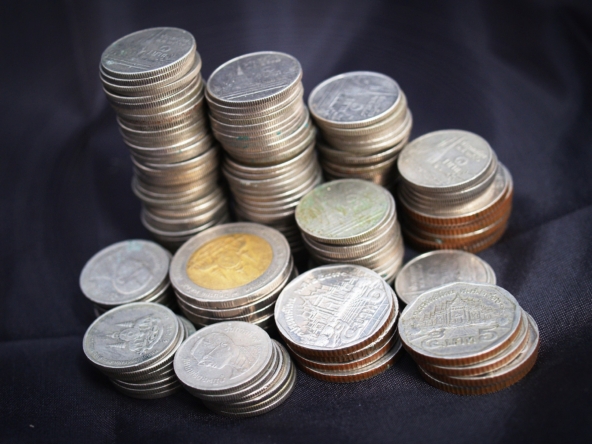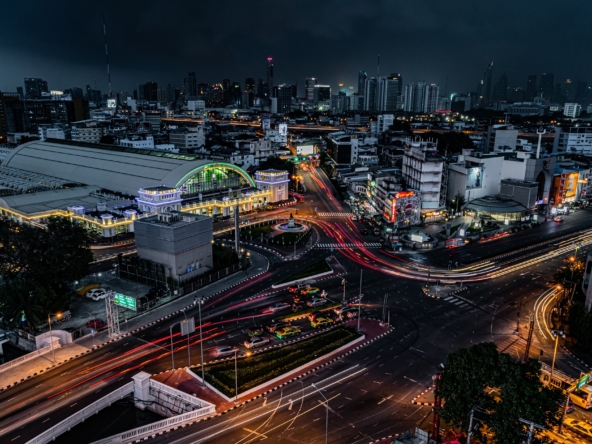There are Asian countries that allow foreigners to own land, although these are few and far between. It also seems highly unlikely that the current list will change any time soon. That’s because this is a hot button topic which can spark a public backlash against a sitting government.
Look no further than Thailand for proof of that. The Thai government approved plans to allow freehold foreign ownership of land in the Kingdom in 2022. Despite the regulations being attached to significant caveats, including a high investment requirement, the public fiercely and vocally opposed the new measure. The proposal was shelved a few weeks after being green-lit and hasn’t been revisited since.
The Asian countries that do allow foreigners to own land are ones that have highly regulated real estate markets as well as economies that support overseas investment. And land also happens to be more expensive in these places than in developing countries.
So, what Asian countries allow foreigners to own land? Here is a look at five places you can enjoy freehold ownership of a plot.
What Asian countries allow foreigners to own land?
Japan
All property types in Japan are open to foreign, freehold ownership. This includes land and even skyscrapers if you were so inclined. Your name will even be shown on the title deed which is an added benefit. It must be noted that the country recently restricted overseas individuals from purchasing plots located near nuclear power plants, security facilities and other areas deemed sensitive.
That being said, ownership does not come with any added benefits meaning you would still need a visa to stay in the country long-term. This is a bummer.
In reality, these liberal property ownership laws benefit foreign-owned businesses operating in the country the most. Not only does it spare them from issues brought about by renting, but having a physical connection to Japan shows potential clients a committed to the local market.
South Korea
It has been more than 20 years since the South Korean government deregulated the real estate market and opened it up for foreign ownership. These days non-residents buying South Korean property can acquire apartments, houses, entire buildings and land making it one of the most open countries in Asia.
There is one thing overseas buyers may not purchase in South Korea. That is land in military installation reservations, cultural property protection zones or ecosystem reservation districts. Beyond that, the country is similar to Japan in that ownership does not grant you any special privileges.
The story is different on Jeju Island, however. The tourist destination off the southern coast of the Korean Peninsula was designated a special administrative region with the government providing an investor residence permit for anyone who purchases more than US$400,000 worth of real estate. This has seen an influx of foreign buyers, primarily from China, scooping up land and launching businesses.
Related: A brief guide to buying South Korean property
Malaysia
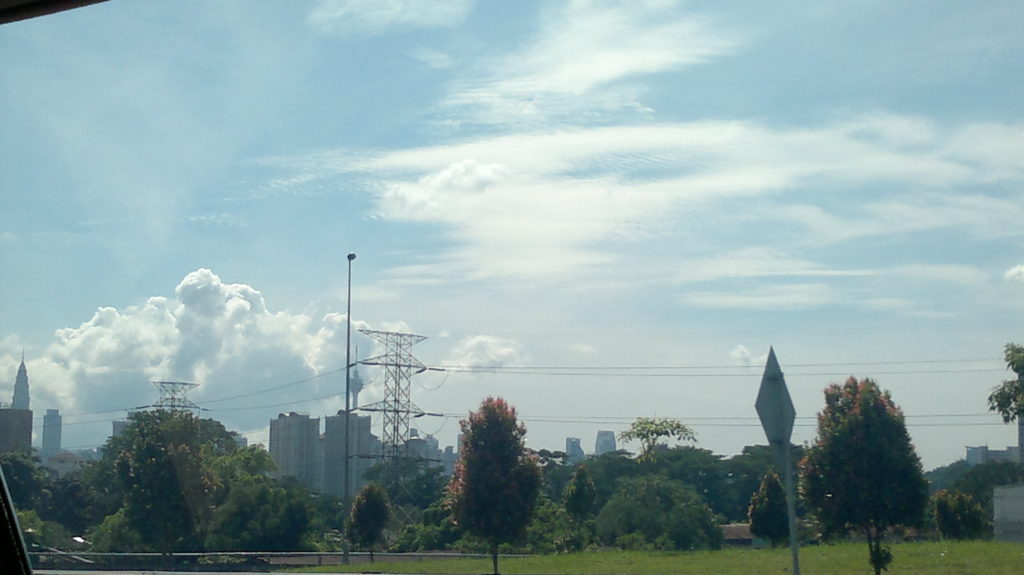
Foreigners are able to own land in Malaysia on a freehold basis. As you would expect, there are rules and regulations in place that you will need to take note of. These are laid out in the National Land Code.
For starters, Malay Reserved Land and land allocated for Bumiputera interest are off-limits to foreigners. Additionally, all land transactions involving overseas buyers require approval from the state and this must be completed before acquiring the title.
Other foreign land ownership restrictions vary by state in Malaysia with these affecting price requirements and usage. Beyond that, agricultural land in the country is off-limits apart from a few areas where it can be held via leasehold structures.
Interestingly, land for sale in Malaysia may be transferred to a foreign trustee or beneficiary which is important in terms of moving on from the plot in the future.
Also Interesting: Can foreigners own land in Malaysia?
Taiwan
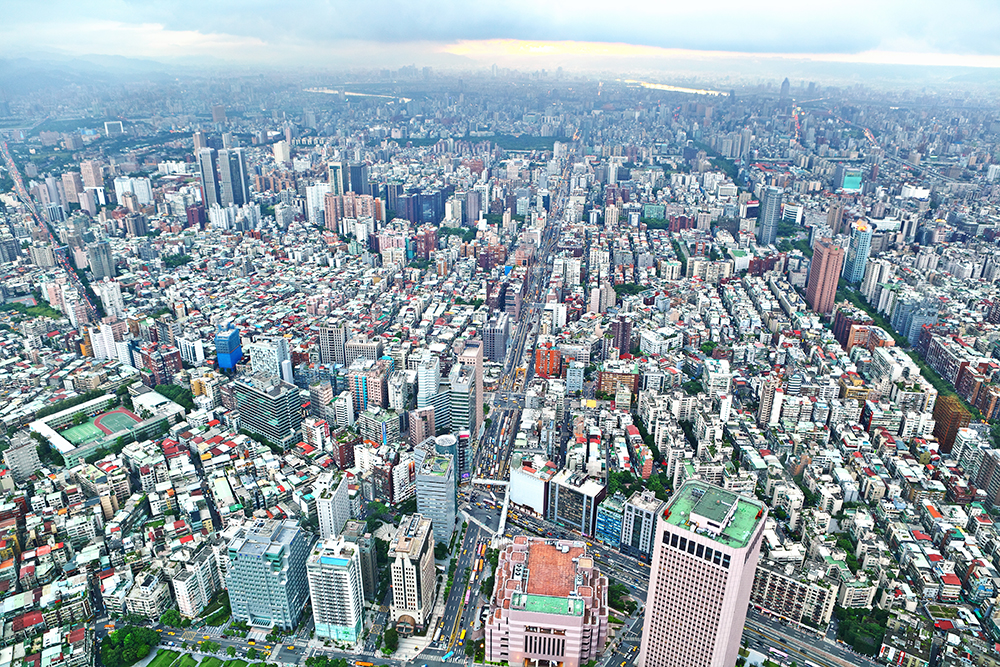
Foreigners may own freehold property, including land, in Taiwan so long as they are a resident of a country on this list. The reciprocal rights list of property ownership is somewhat quirky. Case in point, residents of only 42 states in the USA are eligible to own freehold real estate in Taiwan.
Similar to Japan, land ownership here is more practical for businesses as opposed to individuals since no visa benefits are provided.
Singapore
There are a few articles out there claiming it is possible for a foreigner to own residential landed properties in Singapore but, simply put, that is not really the case. The government has set a really high-price floor and must approve any such acquisitions which essentially means this is only available for well-connected individuals. In other words, stick to a condominium.
On the other hand, a non-resident is permitted to acquire, own and dispose of non-residential property. Industrial properties are covered under this as well as commercial properties, including offices and retail malls, and any hotel registered under the Hotels Act 1954 of Singapore.
Final Thoughts
While these five Asian countries allow foreigners to own land, it doesn’t mean doors are closed elsewhere. Instead, you must be willing to accept an alternative ownership structure, such as a purchase through an LLC.
It’s important that you weigh the pros and cons of this before deciding where you are going to purchase land. If you have your heart set on a specific location or need to be there for business reasons, then it is best to figure out a way to make it work. Those valuing transparency and with a desire to have ownership in their own name should consider the countries listed above.
Keep Reading: CBRE details Asia Pacific real estate investment strategies for 2023
